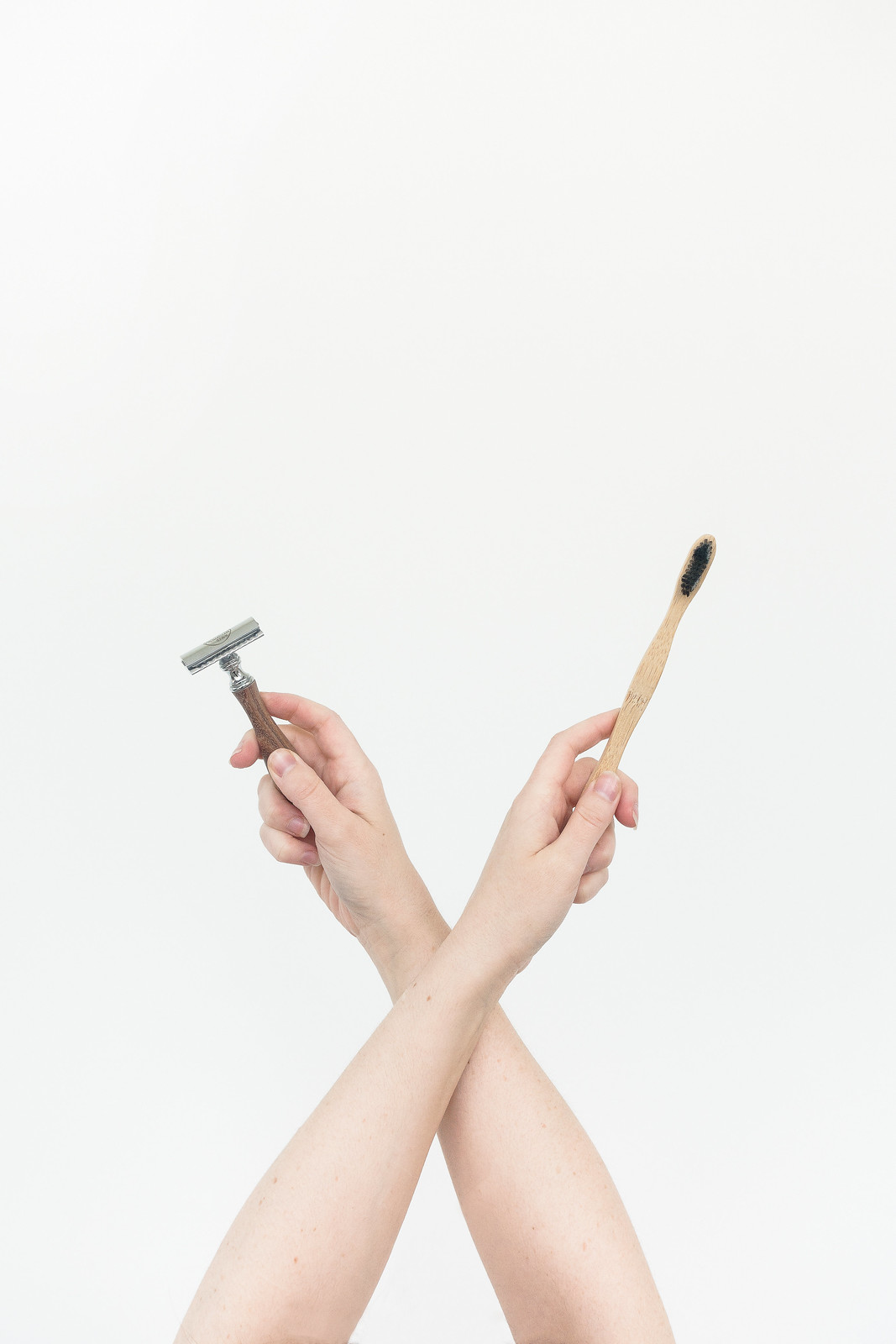
Going zero waste by making plastic-free swaps and adopting eco-friendly habits can save you money and reduce the impact you have on the planet. But it's not guaranteed. Making changes or switching products without knowing whether its the most eco-friendly option can sometimes do more harm than good.
It's easy to get wooed by the idealised version of the "zero waste" lifestyle you see online and want it for yourself. A spotless kitchen with labelled mason jars, package-free produce, and not a single plastic pot in sight might look like the perfect eco-friendly home. But sustainable living has become greenwashed.
Sustainability influencers are paid to promote products and brands, the same as any other influencer is. Encouraging people to replace their existing products with "eco-friendly alternatives" in the name of sustainability. But throwing away perfectly good items just to replace them with zero waste alternatives isn't reducing waste—it's causing it!
When deciding on making a purchase or sustainable swap, it's important to consider a few things: whether the price is affordable, if it's a convenient change that can be maintained, and if the product or habit really is eco-friendly. Changing habits or switching products without knowing whether it definitely is the more sustainable option might cause more waste than it prevents or simply hide it out of sight.
I try to share a realistic version of how to live a low waste lifestyle. With an honest account of what works and what doesn't. I'm sharing with you the zero waste swaps I'm not making and why because not everything you read on the internet is true.
Dental Care
I've tried all kinds of zero waste dental products and while some of them are fantastic others involve a compromise I'm not willing to make. Personally, I'm not willing to risk my dental health for the sake of a few tubes of plastic toothpaste a year.
One of the most common items to be greenwashed are dental products. Brands will claim their biodegradable toothbrushes, plastic-free toothpaste, and floss are eco-friendly. But it's only when you dig into the details that you discover these products often can't be recyclable and won't compost. Even worse, they might damage your teeth.
Travel Cutlery
Travel cutlery is one of the most promoted popular eco-friendly items. It's a frequently listed as an 'essential zero waste product' and yet the vast majority of people won't ever need them. It really highlights how not making a purchase is often the more sustainable option.
For most travel situations, cutlery is available at the destination. If not, taking cutlery from home is a better option than buying something new. I've yet to come across a situation where travel cutlery would be a necessary purchase or even useful to have.
Homemade Products
Homemade products can be fantastic—but rarely are they the most eco-friendly option! Unless you want to avoid certain ingredients, there's really no reason to start making your own. Although DIYing might avoid some plastic, it doesn't necessarily reduce waste. Not to mention it's far less convenient.
Just as much waste can be avoided by simply buying fewer products in larger quantities. Instead of DIYing I bulk buy household essentials from eco-friendly brands. It's not only more cost effective, it's convenient too. Making this an easy sustainable alternative to DIYing.
Wax Wraps
There are so many better alternatives to wax wraps that cost nothing and actually help reduce waste. Literally any contained, from a glass jar to a plastic tub to a lunchbox, will work. Even a bowl with a plate on top will keep food fresh. All of these are everyday household items everyone already owns.
I'm baffled by how much wax wraps have been promoted by sustainability influencers and the zero waste community. Having tried them myself, I don't think they're very effective and certainly no better than using a glass jar or pot. There hasn't ever been a situation where having a wax wrap has been necessary.
Sun Protection
There are very few plastic-free vegan-friendly SPF options that offer adequate sun protection. That's probably why quite a few zero wasters resort to making their own—don't do this. It's dangerous. It's not worth putting your health at risk for the sake of a few bottles of sunscreen.
I have found an eco-friendly sunscreen I like and recommend. Although if that's not accessible or affordable, sticking with traditional reef-safe SPF is absolutely fine.
Banning Plastic
Plastic is useful. It plays a huge role in preventing food from going rotten. Considering food waste is a far greater environmental issue than plastic, it's really important to understand why plastic is sometimes the most eco-friendly option.
Not all plastic is single-use and much of it doesn't have to be single-use. Throwing away perfectly good plastic containers only to buy new glass ones is wasteful. Just like fresh product rotting before it gets eaten is worse than just buying plastic-wrapped food in the first place.
Pin This Post:
